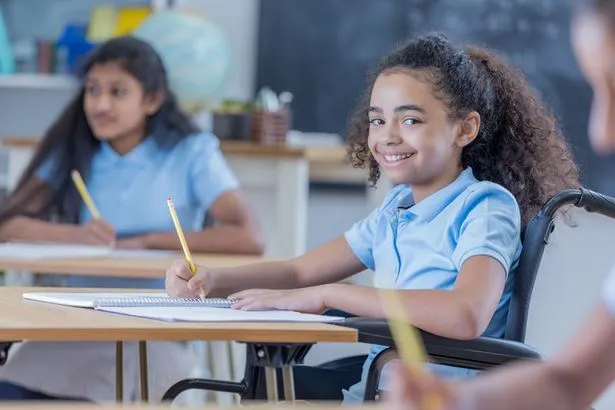ByOnlinecourses55

The key moment model in communication - educate responsible children
Educating children demands from parents, in addition to love, an adequate preparation to resolve situations in the different stages of this process. This task becomes more complicated if one is raising more than one child, coupled with the increasing demands of daily life and work. To successfully fulfill this responsibility, parents must find models that, adapted to their circumstances, serve as a guide for the family, prioritizing respect and love for all its members, while building a solid foundation so that, when they integrate into the world, their children will be successful people.
Most of the time, parents resolve the situations they face with their children by reproducing the patterns with which they were formed. Although the basic values of human beings do not vary over time, each era has its distinctive sign. For this reason, the references assumed by parents should be carefully analyzed and updated to their experience of upbringing, considering that, in addition to material needs, the care of the affective sphere is fundamental in the formation of the personality of the children.
There are countless distressed parents who, in spite of working long hours and providing their children with material needs, see how these only contribute negative behaviors. A specialist in child psychology could remind them of the importance of simple moments, such as going for a walk together or talking about their school friends, emphasizing that daily presence and sincere communication are essential.
Scholars of emotional development in childhood share many strategies to promote children's well-being, agreeing that physical companionship is paramount, as it ensures the affective exchange needed to nurture children as much as the best of food.
This Model proposes a key question to parents: what is their initial reaction to negative situations with their children? The answer will determine how they can positively model children's behavior. If parents react explosively, an environment of rejection and resentment is created, replicating this cycle. Conversely, if they remain calm and view the situation as an opportunity for children to learn and grow emotionally, the outcome will be positive. Mistakes are learning opportunities, and parents are the best guides to teach children to act and decide responsibly.
In an environment of controlled emotions, children can express what they feel and think, which generates well-being and security when they feel listened to by their parents. For this Model to work, parents must practice it constantly, training themselves to change their reaction to everyday events, focusing on the development of their children's skills, which also fosters family communication.
Controlling emotions is difficult, especially for those who see the home as a space for free expression. However, the positive energy of the home is built with the harmony that each member brings. If parents perceive situations with their children as learning opportunities, they create a knowledge-rich environment where children feel they are participants in their education. This generates in them good feelings and a desire not to let their parents down, improving their behavior and school performance, and fostering positive interactions with others. Few things make a child happier than feeling the approval of their parents.